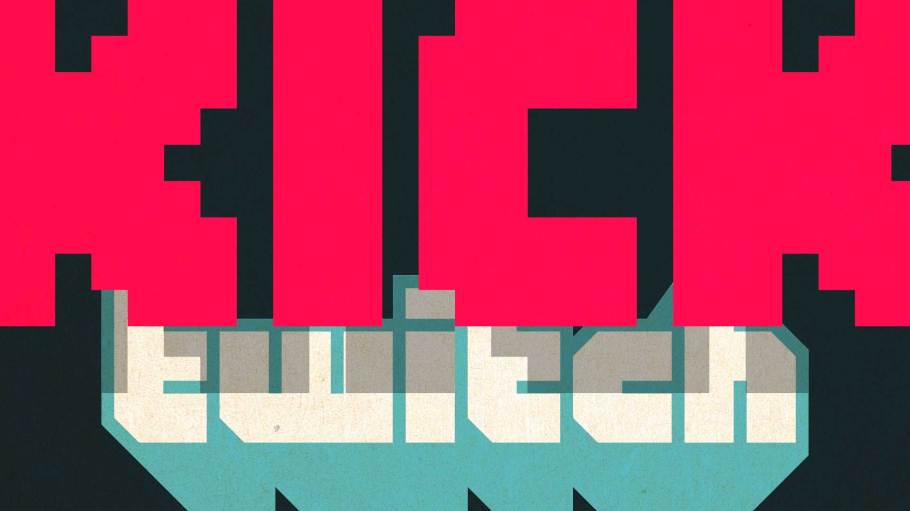Meet Kick, the Upstart Luring Livestream Stars to Ditch Twitch
Here’s a question creators might consider asking YouTube’s head of gaming, Leo Olebe, when he appears at his first VidCon this week: How does he feel about relaxing YouTube’s exclusivity for creators now that rival livestreaming platform Kick has just signed a nonexclusive megadeal with popular Twitch streamer xOc?
The latest in a long-running string of Twitch creator defections, Kick has just signed a massive $100 million nonexclusive deal with one of Twitch’s most popular streamers, Félix Lengyel, known as xQc.
Kick launched in late 2022 and has already lured away two top Twitch streamers. For one, Kick offers streamers a 95/5 revenue share compared with Twitch’s 50/50 split, or 70/30 for premium streamers on the first $100,000 earned. While Lengyel will create content primarily for Kick, he’s not locked into an exclusive contract, meaning he can still stream on rival platforms, including Twitch, YouTube or TikTok.
Kick isn’t the first rival that’s tried to destabilize Twitch’s reign as the most popular livestreaming platform for video gameplay. In recent years, Twitch has lost several popular gaming streamers to exclusive deals with YouTube Gaming, Facebook Gaming and Microsoft’s now-defunct Mixer.
Active livestreaming channels on Kick have increased substantially in recent months.
Meanwhile, active livestreaming channels on Twitch have been dropping since the beginning of the year.
It would take a lot to dethrone Twitch. By themselves, top streamers like Lengyel won’t be enough to generate livestreaming viewing hours like what Twitch commands — indeed, even more dominant in the first quarter of the year. It’s unlikely even the biggest streamer defections will undermine that dominance.
But Lengyel’s departure comes amid increasing creator frustrations and waning trust among some in the Twitch community. In recent months, some streamers have threatened to quit the platform to protest a series of controversial policy changes that would have placed unacceptable limitations on monetization.
Amazon doesn’t break out results for Twitch, but it’s expected to be unprofitable, which some believe has led to recent changes. Twitch makes money in three main ways: ads and by taking a cut of subscription revenues and in-app purchases of Bits, the platform currency used to reward creators.
Twitch has rolled out a number of changes, only to roll them back following streamer backlash.
- On June 6, Twitch proposed new branded content guidelines that would have restricted in-channel sponsorships, a major source of earnings for creators. Creator backlash was swift in response, with top streamers talking openly about leaving the platform. Twitch rolled back the changes the following day.
- Last September, Twitch reduced its revenue share for “premium” streamers to 50%, down from 70/30, inciting instant criticism. Only as of June 15, Twitch launched the Partner Plus program, restoring its 70% cut of subscription revenue for streamers who maintain a recurring paid sub count of 350 for three consecutive months.
- In February 2022, Twitch launched its Ads Incentive Program (AIP), offering creators personalized payment offers to run ads on their videos. However, some creators were alarmed at inconsistencies in offers from one creator to another. Many also preferred to refrain from running too many ads, since any interruption during a livestream hurts the viewer experience. As of April, Twitch changed AIP to allow creators more flexibility to change their settings anytime.
At a time when some are eyeing alternatives, allowing more flexible exclusivity by permitting streamers to simulcast on rival platforms could actually help keep creators active on the site. But rather than allow simulcasts on rival platforms, Twitch and YouTube have preferred to encourage “rebroadcasts” of livestreams as short-form videos, whether natively or on platforms like TikTok and Instagram, which have become vital tools for audience development.
Twitch relaxed its exclusivity requirements last September to allow streamers to simulcast on mobile apps like Instagram Live and TikTok — but streamers didn’t see it as a major change because the rules still restrict simulcasting on “Twitch-like services” such as YouTube Gaming and Facebook Gaming.
YouTube also prioritizes exclusivity for streamers on YouTube Gaming. Asked in March whether he would consider relaxing the exclusivity model, Olebe evaded discussing simulcasts on other platforms, arguing that creators have flexibility and can build their audience by repackaging live footage as on-demand videos or shorts.
Twitch isn’t likely to change its business model or creator approach to match Kick. But even if Kick doesn’t become a major player in the livestreaming wars, it likely adds pressure on incumbents to increase efforts to roll out features that improve creator monetization.

